Looking for a new hobby? As we age, it’s important to find activities that bring joy, challenge your mind and allow for social interaction.
Learn how to find the right hobby based on your interests and abilities, plus discover the many benefits of enjoying hobbies in your later years. We’ll also share five fun hobby ideas to help get the ideas flowing as you make the most of your free time and reignite your inner spark!
How to Find a New Hobby
After age 50 is the perfect time to start a new hobby, explore new interests or revisit old passions you may have set aside during busier years. With more free time and possibly fewer responsibilities, now is the time to find an activity you enjoy. Here are a few ways to find the right fit.
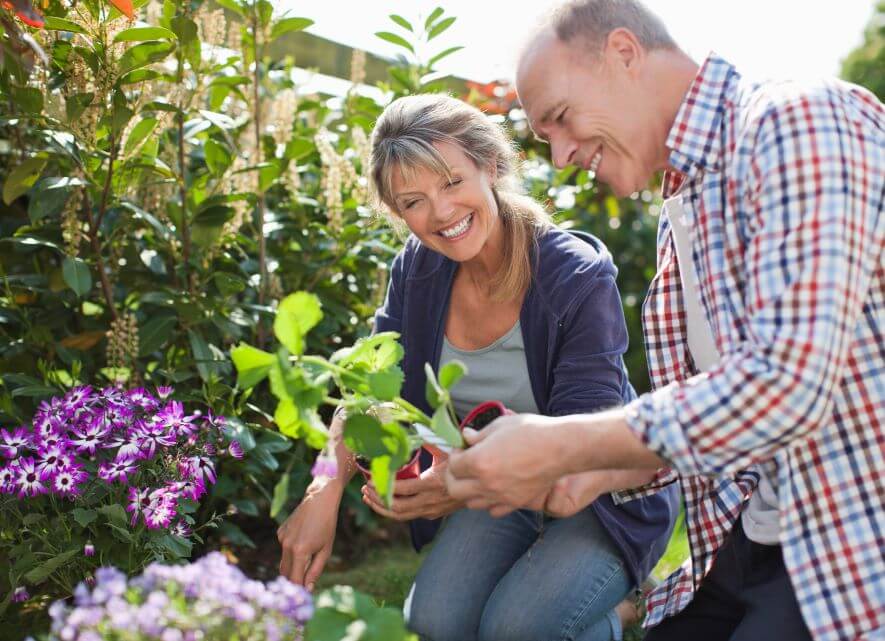
Reflect on Your Interests
Think back to what fascinated you when you were younger. Did you always want to learn how to paint? Are you interested in gardening but never had the chance? Maybe there’s a sport or activity that has caught your attention recently.
Make a list of all these ideas. It can provide an excellent starting point for discovering potential hobbies.
Research New Possibilities and Groups
In addition to past interests, explore entirely new areas. This allows you to connect with others to discover a new hobby, establish lasting friendships and benefit from helpful tools and encouragement.
Start by browsing through Meetup groups and reading articles about different activities. You can also attend local talks and lectures where people share experiences of traveling, hiking or starting a new hobby such as winemaking or crafting artisan beer. Check out community centers, libraries or coffee shops for club advertisements or meetups in your area.
If you prefer an online setting, consider joining virtual communities. Social media platforms like Facebook often have private groups centered around particular interests.
And if you can’t find an existing group, create one yourself. Advertise your new club locally or on social media to attract new members.
Experiment
Finding the right hobby might take some experimentation. Begin with short-term commitments like workshops or introductory classes. And remember, it’s normal to feel a bit rusty or out of your comfort zone when trying something new.
Give yourself time and patience with your chosen hobby. You can also seek advice, insight and tips from others who share the same interests.
Consider taking an online or in-person class to gain new skills and knowledge and meet like-minded individuals. Websites like Skillshare, Udemy or even YouTube tutorials offer courses on topics from photography to gardening. Online classes let you learn at your own pace while still getting expert guidance.
Look into local workshops or community college courses for older adults if you prefer face-to-face interaction. Organizations, such as OASIS Lifelong Adventure Programs or Osher Lifelong Learning Institutes focus on educational opportunities for those aged 50+, offering smaller class sizes for better connections between classmates and hands-on learning experiences.
Benefits of Having a Hobby
Engaging in hobbies offers older adults several cognitive, psychological, physical and social benefits.
Mental Stimulation
Hobbies often require learning new skills and information, which helps keep the mind sharp as you age. One study found that participating in mentally stimulating activities can help reduce cognitive decline and improve overall brain health.
Social Interaction
Many hobbies include a social aspect. Making new friends can help combat the feelings of loneliness and isolation that sometimes accompany aging.
Researchers have also found that sustaining close interpersonal ties helps promote stronger emotional, mental and physical health in older age.
Physical Health Benefits
Certain hobbies, like gardening, dancing or playing sports, promote physical activity. This can contribute to better overall health by improving strength, flexibility, balance or cardiovascular fitness.
The CDC recommends regular physical activity, including aerobic exercise and muscle-strengthening activities, for older adults. Staying active can help you maintain independence while reducing the risk of chronic diseases such as heart disease or diabetes.
Personal Growth
Hobbies encourage personal growth by challenging individuals to set and achieve goals over time. They also offer a sense of purpose as you accomplish and master new skills. Recent research found that a sense of purpose in life is associated with better physical and mental health among older adults.
Stress Reduction
Hobbies often serve as a form of relaxation or escape from daily pressures, allowing you to unwind and recharge your batteries. Leisure activities are also associated with reduced levels of depression.
Participating in activities you enjoy as you age may also reduce the likelihood of developing certain diseases, increase your lifespan and improve your mental well-being, according to the National Institute on Aging.
5 New Hobbies to Try Today
Ready to try something new? Here are five rewarding hobbies for people over 50.
1
Fiber Arts
2
3
Fiber arts like knitting, quilting and crocheting are excellent hobbies for those over 50. These activities promote relaxation while you create beautiful handmade items. You can pursue fiber arts on your own or in a group through local classes or clubs.
To get started, learn your craft’s basics online or by attending a class. You can also join an online fiber arts group or find one in your area.
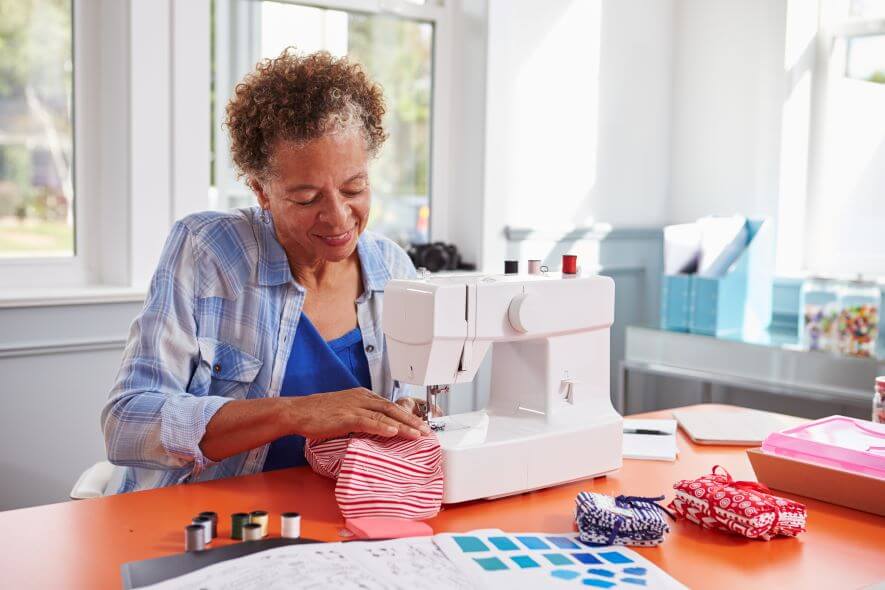
1
Birdwatching
2
3
Birdwatching encourages physical exercise and mental stimulation while connecting you with nature. This pastime is perfect for anyone interested in wildlife preservation and spending time outdoors.
To start birdwatching, buy a field guide like the Sibley Guide to Birds or download a bird identification app like Audubon Bird Guide. Invest in quality binoculars for better viewing. Visit local parks, nature reserves and wildlife refuges to observe birds in their natural habitats.

1
Woodworking
2
3
You’ll love woodworking if you enjoy working with your hands and creating functional items. Woodworking can help improve fine motor skills while also providing a creative outlet.
Enroll in a beginner’s woodworking class at your local community college or adult education center. Purchase saws, hammers and chisels from hardware stores or online retailers like Woodcraft. Then browse websites like Fine Woodworking for project ideas and inspiration.
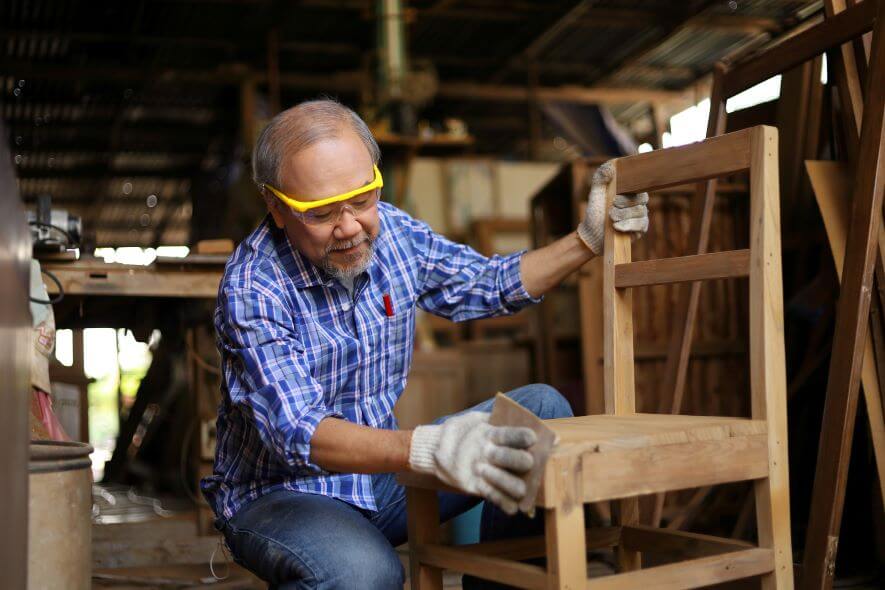
1
Pickleball
2
3
Pickleball combines tennis, badminton and ping pong. The sport is popular among older adults due to its low impact on joints and its social aspect.
Pickleball offers a chance to get moving and make new friends through organized leagues or casual play sessions. Contact your local recreation department to learn about classes or open court times. Buy equipment from your local sporting goods store and learn the basic rules and strategies before hitting the court.
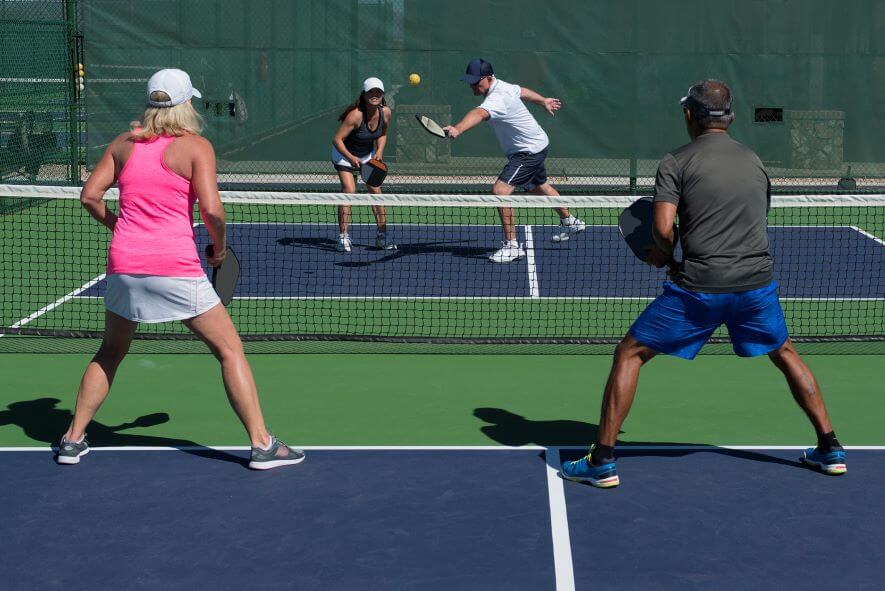
1
Play a Musical Instrument
2
3
Picking up a musical instrument later in life offers numerous cognitive benefits, including improved memory and enhanced creativity. Whether you’ve always wanted to play piano or are interested in learning the guitar, it’s never too late to start making music.
To begin, select an instrument. Then sign up for lessons with a local instructor or take online lessons through a site like Playground Sessions. Schedule daily music practice and enjoy watching your skills progress over time.

Explore Your Passion
It’s never too late to reignite your spark and discover a new hobby. Whether you take a class, find an online group or try something on your own, you can find plenty of opportunities to explore your passions as you age.
A hobby can be a source of joy and boost physical health, mental wellbeing and even social connections. So don’t be afraid to challenge yourself: Pick up that guitar or start learning Spanish. You’ll be glad you did.
What hobby have you recently started? Let us know how it’s going in the comments!
Read more – Six Retirement Hobbies for the Young at Heart


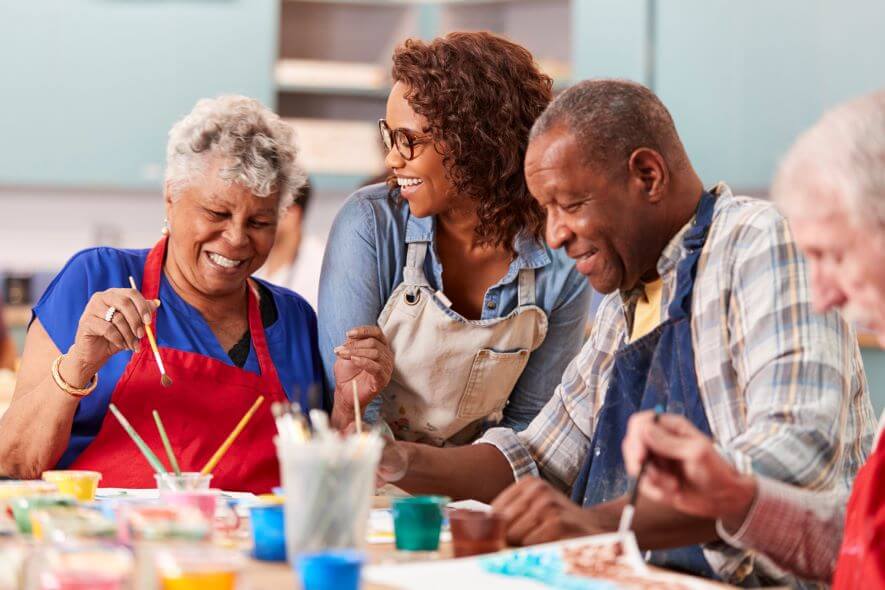
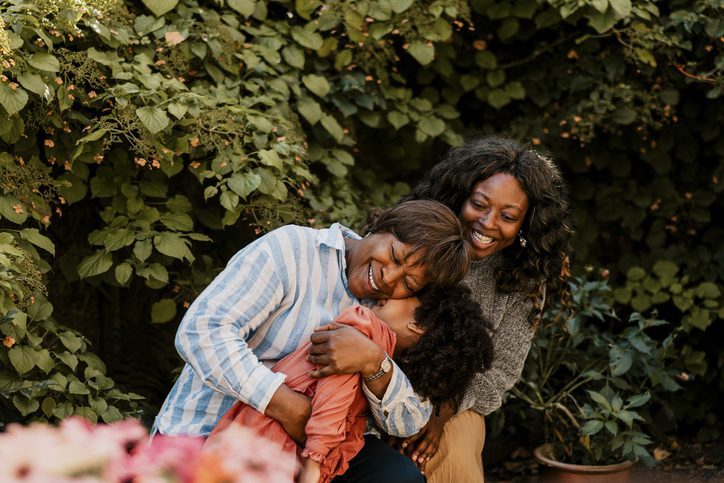
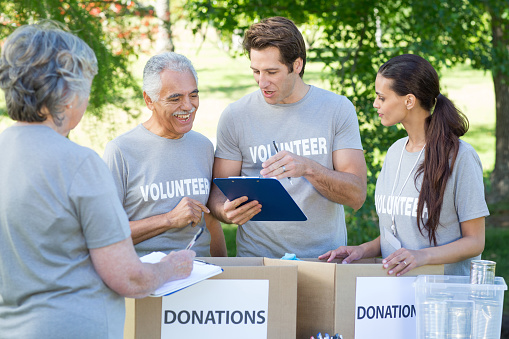


Thanks for the article about hobbies. I took up piano lessons, 6 months before I retired, and three and a half years later, I still love every minute of it. However, “Fiber Arts”? Come on…
for 67 years ..postage stamps have been my passion. So much to learn from stamps from around the world. Other hobbies include cross stitch, needle point, tatting, stained glass design and fabrication, jigsaw puzzles, puzzles in general, pysanky. I am never bored !!